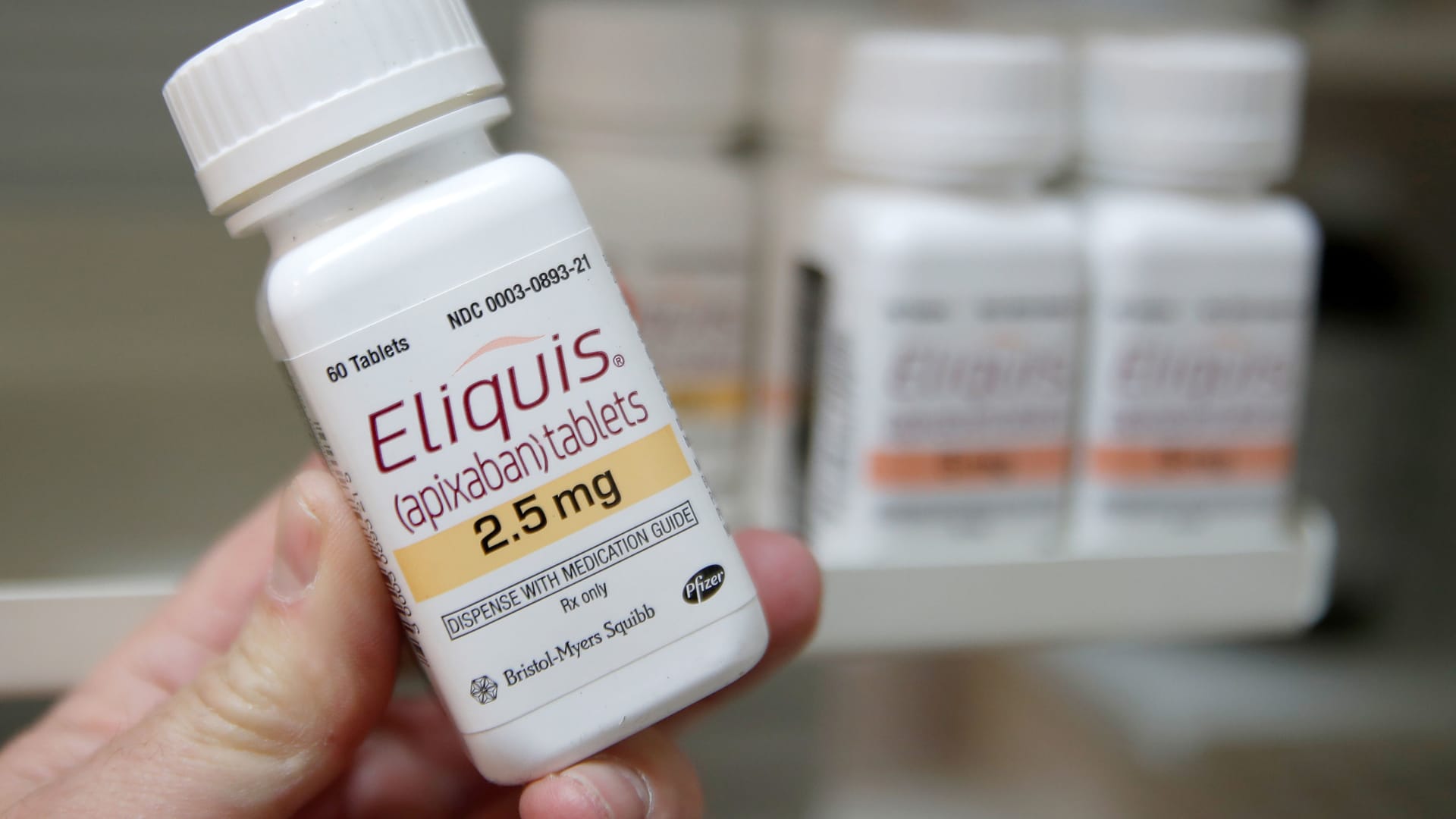The Biden administration on Tuesday unveiled the first 10 prescription drugs that will be subject to price negotiations between manufacturers and Medicare, kicking off a controversial process that aims to make costly medications more affordable for older Americans.
President Joe Biden’s Inflation Reduction Act, which passed in a party-line vote last year, gave Medicare the power to directly hash out drug prices with manufacturers for the first time in the federal program’s nearly 60-year history. The agreed-upon prices for the first round of drugs are scheduled to go into effect in 2026.



Here are the 10 drugs subject to the initial talks this year:
The most curious thing here is that they’re all from different companies. I think this is a big trial run.
I think you’re right:
Things just keep coming up that remind me of how much Type 2 diabetes has exploded over the last 30 years.